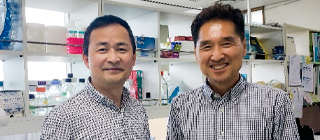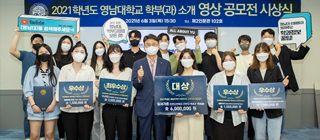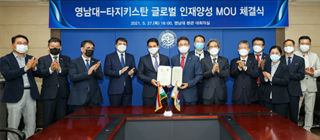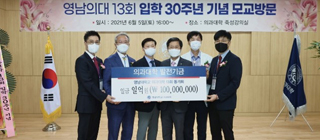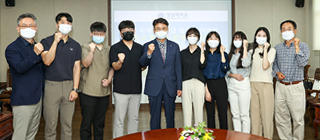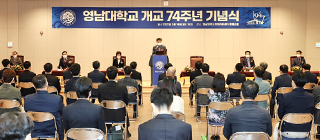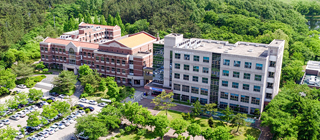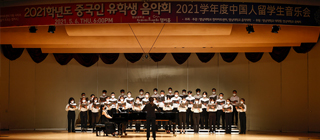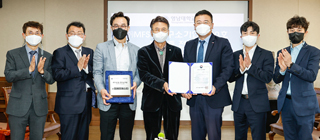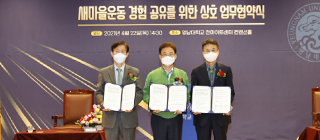-
- pr
- 2021. 06. 29
- 15847
-
- pr
- 2021. 06. 15
- 16415
-
- pr
- 2021. 06. 15
- 15763
-
- pr
- 2021. 06. 15
- 15204
-
- pr
- 2021. 06. 15
- 15572
-
- pr
- 2021. 05. 20
- 15609
-
- pr
- 2021. 05. 20
- 15560
-
- pr
- 2021. 05. 20
- 15685
-
- pr
- 2021. 05. 20
- 15883
-
- pr
- 2021. 05. 07
- 15530
About YU
News
